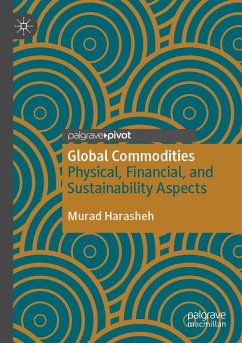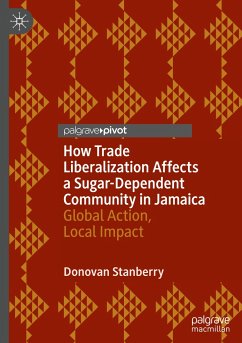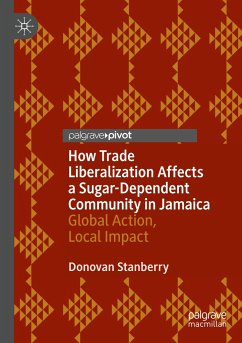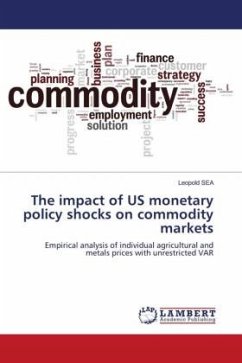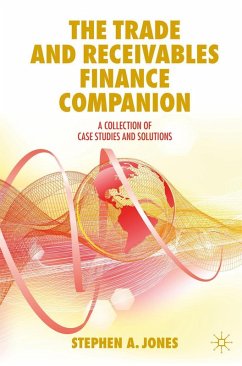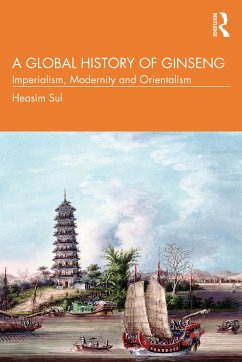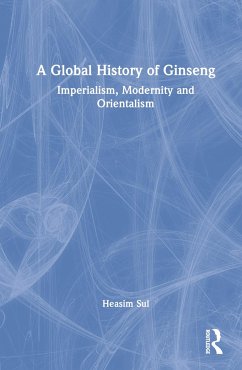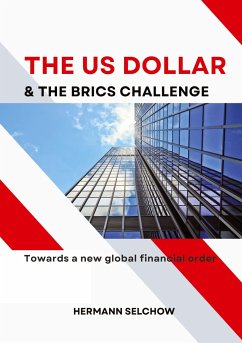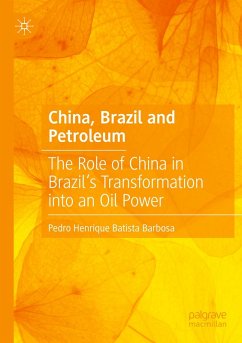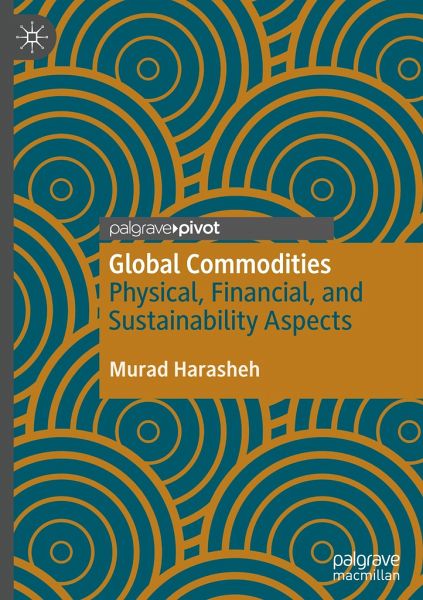
Global Commodities
Physical, Financial, and Sustainability Aspects
Versandkostenfrei!
Versandfertig in 6-10 Tagen
46,99 €
inkl. MwSt.
Weitere Ausgaben:

PAYBACK Punkte
23 °P sammeln!
For many academics, students, and professionals, the field of commodities is a black box. This book explores commodities in a holistic manner, presenting concepts from a multidisciplinary business and financial perspective, and offering a panoramic view of the global commodity business and markets. In this book, the author presents core issues related to global commodities with recent data including COVID-19. The book introduces the key physical commodities traded globally and some related issues such as the global supply chain, global trading, transportation, storage, and how to finance globa...
For many academics, students, and professionals, the field of commodities is a black box. This book explores commodities in a holistic manner, presenting concepts from a multidisciplinary business and financial perspective, and offering a panoramic view of the global commodity business and markets. In this book, the author presents core issues related to global commodities with recent data including COVID-19. The book introduces the key physical commodities traded globally and some related issues such as the global supply chain, global trading, transportation, storage, and how to finance global commodity trades. Then, it discusses how global commodity businesses and traders manage global risks related to commodity production (generation or extraction), transportation, storage, the final delivery, and currency exchange. Additionally, the book discusses financial commodities, the origins of global commodity derivatives and exchanges, the rationale behind the birth of commodity futures and trading, hedging, speculation, financialization, and manipulation of commodity markets, and how financial trading is executed in real life. In the last section, the author also discusses sustainability issues related to global commodities and the financial valuation aspects of the global commodity businesses supported by examples from real cases with recent data.





